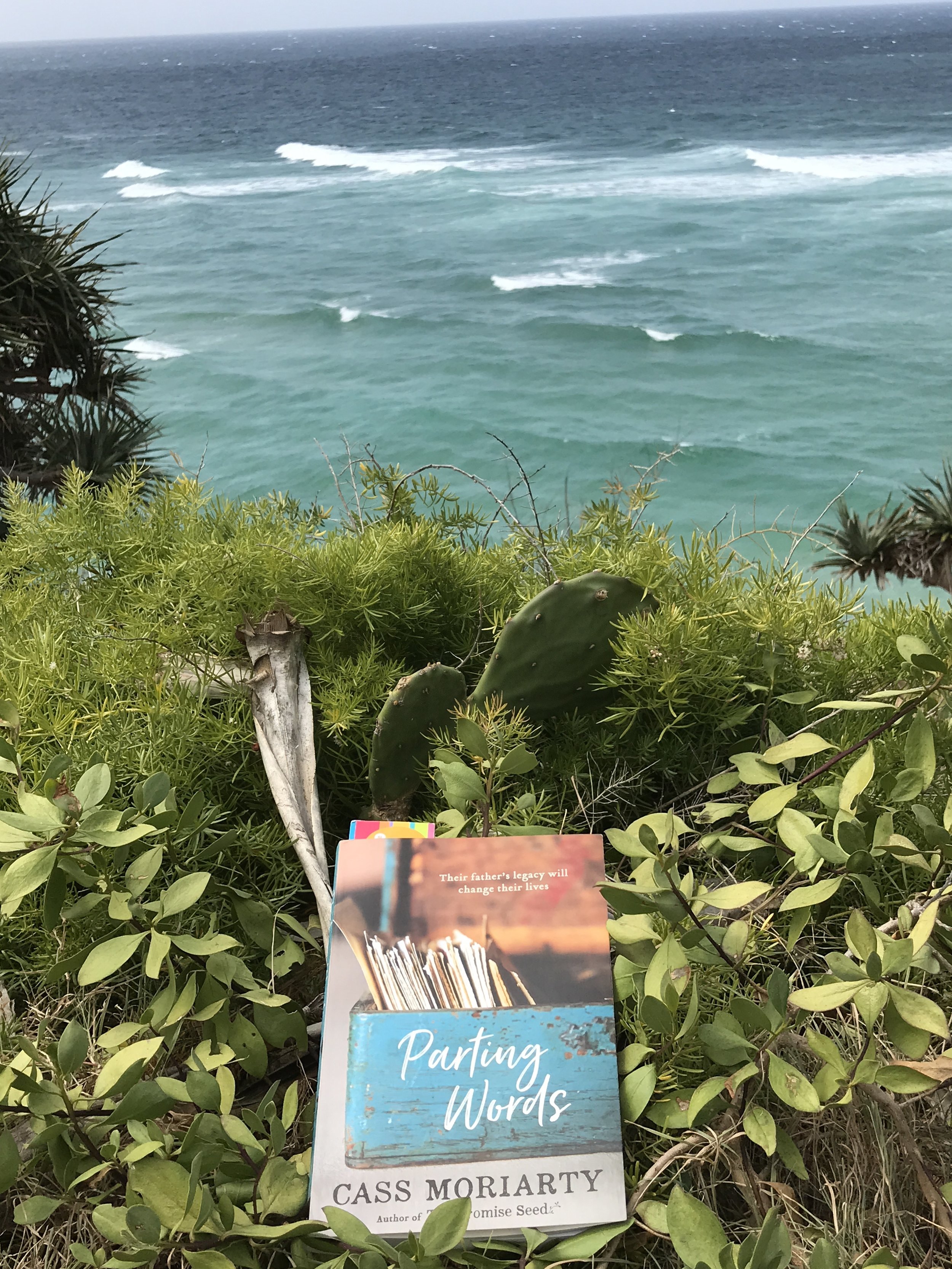Ache by Eliza Henry-Jones
Fourth Estate, Harper Collins
2017
‘Ache’ is a brave and perfectly constructed story for our new times: showing how disasters impact on families and communities and how people adapt and survive in different ways.
Much like Henry-Jones’ first novel ‘In the Quiet’, ‘Ache’ features layered and finely drawn characters. These characters have all been damaged by a terrible bush fire that tore through their town and mountain the year before – some have stayed put, shell-shocked – others have fled to the city only to remain scared and haunted by the events.
The central characters are the heroine, Annie, and her daughter Pip. All the other characters radiate and span Annie’s life from her youth on the mountain to her adult life as a partner and mother.
Discussions on motherhood, mistakes and assumptions made from love, fear and survival can carry through generations are well handled and layered.
'Ache' was a juxtapositional piece to read on a beach holiday surrounded by so much water. But Stradbroke itself had been ravaged by one of the largest bush-fires in Australian history.
Henry-Jones experience and study in the field of trauma shines through the novel in the ways characters react and cope with the terrifying bush-fire event.
Cleverly, ‘Ache’ opens many months after the fire when the characters are living their altered and devastated lives. Annie is living in Melbourne away from the mountain where she grew up but her thoughts and dreams are increasingly drawn there.
The language, word pictures of place and the detail and evocative depiction of rural life were perfectly rendered and like ‘tree-change voyeurism’ for this city-dweller. Descriptions and rendering as part of the fabric of the place include chickens, bees, lyre birds, and of course, horses. They are all much more than background and are intrinsic to the novel in terms of the life, place and what’s at stake.
Cylinder Beach ready with 'Ache'
This reader hopes that ‘Ache’ is compulsory reading for every politician who likes donning the Rural Fire Fighters Uniform for camera ready volunteering. They may even donate a relatively small amount of money on the one hand compared to the donations they take from the Fossil Fuel lobby (while denying the existence of Climate Change) on the other. Their obsequiousness to this industry is fueling these ‘Super-Fire’ bush-fires (the sort ‘Ache’ describes) that are coming earlier, lasting longer and destroying more. Perhaps books like ‘Ache’ which depict the harrowing, devastating and murderous impact of these events will help them realise the voters have joined the dots and there can see the consequences of their behaviour. I read 'Ache' while on holiday on beautiful Stradbroke Island itself the victim of increasingly savage bushfires, the worst being the most recent in 2014.
‘Ache’ has laconic, wry Australian humour which allows the reader moments of relief in the trauma and devastation. The character of Nigel in particular was well done and a star of the book for me. Annie’s ‘made family’ was a reflection of contemporary Australia and the changing face of parenthood.
The subplot of the TV series was a clever addition providing a common enemy, unwanted outsiders and triggers for hostility and remembering. The crew and producer were used at key moments for different reasons and results. It also showed the increasingly desensitised world of the 24 hour news cycle and social media as distraction and isolator. The use of an individual to act as a figurehead and easy visual summary for everything about a tragedy: in this case Annie escaping on horseback through the flames clutching Pip.
The healing of the mountain – along with the characters that can be healed – was finely judged and paced taking the reader along seamlessly.
'Ache’ is an evocative, compassionate and cathartic depiction of loss in an Australian landscape being reshaped by devastating, as yet unchecked human impacts. Congratulations Eliza Henry-Jones for this fine and nuanced depiction of modern Australian life.




